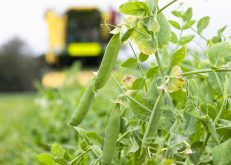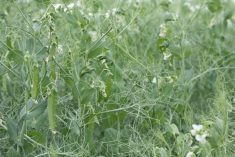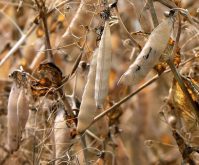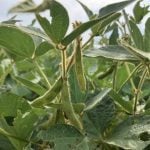Co-operative hopes signing deals with Canadian companies will help it restore country’s pea sector to its former glory
SASKATOON — The success of Canada’s pea sector has attracted the attention of a large French co-operative.
Axereal is exploring the idea of signing short- and long-term agreements with Canadian companies to help expand pea production in France.
Related stories:
- Container rates soar on concerns of prolonged Red Sea disruption, inflation
- Analysts predict larger canola carryout
Read Also
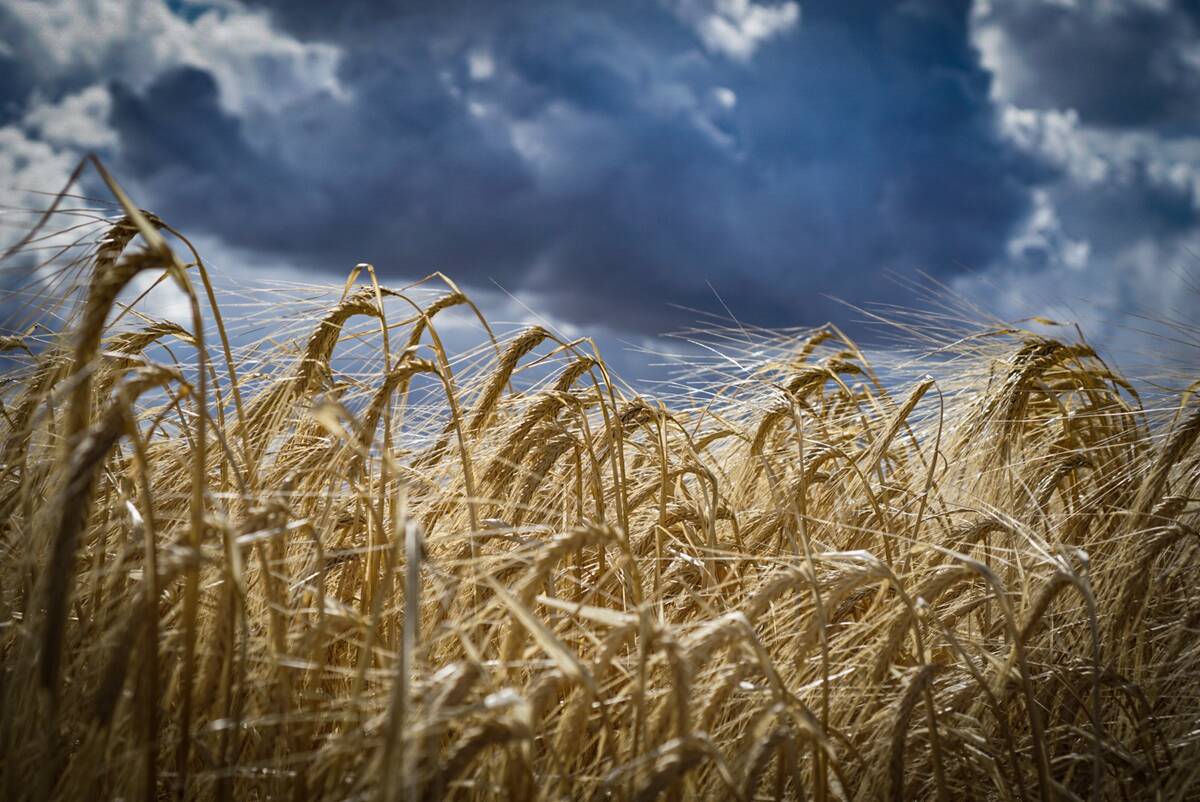
Malting barley exporters target Mexican market
Canada’s barley sector is setting its sights on the Mexican market to help mop up some of the lost demand from China
“Because you are really good at it and we are not anymore,” said Eloy de Beru, the co-op’s transition and innovation development officer for North America.
The French co-operative, which is owned by 11,000 farmers, processes about 4.5 million tonnes of grain per year, generating sales of about $6.33 billion annually.
Axereal has primarily been focused on working with cereal crops such as wheat and barley.
However, it recently adopted a new sustainability strategy aimed at reducing chemical inputs and greenhouse gas emissions and believes pulses are a major part of that solution.
“But we are really bad at it,” said de Beru.
“We don’t know anymore how to grow pulses.”
In particular, the firm would like to focus on growing peas for the European Union’s fractionation business.
“The main challenge for us is to show our farmers that pulses can be a viable crop and can be as productive as wheat, for example,” he said.
The hope is that it can “develop and perpetuate” pea production in France with the help of Canadian firms.
De Beru is spending three months in Canada trying to form short-term partnerships aimed at importing knowledge, technologies and new varieties from Canada.
He is also exploring long-term research and development partnerships that will pave the way for a transfer of information between the two agricultural powerhouses.
“We are really open-minded (and) we are definitely seeking opportunities in Canada,” he said.
The company is not interested in importing Canadian peas to France because that would violate its sustainability goals of using local supplies and having increased traceability.
A couple of other French companies also have strong ties to Canada’s pulse sector.
Saskatchewan Pulse Growers signed a breeding agreement with French co-operative Limagrain in 2022, and Roquette opened the world’s largest pea protein plant in Portage la Prairie, Man., in 2021.
De Beru said French firms admire what is happening in Canada. He noted that Canada imported French pea varieties a couple of decades ago and adapted them for the Canadian environment, which contributed to Canada’s thriving pea industry.
“In France, it’s totally the opposite. Pulses are more and more a forgotten crop,” he said.
Peas are the primary focus for Axereal, but the company is open to working with any crop that would help meet its sustainability goals.







